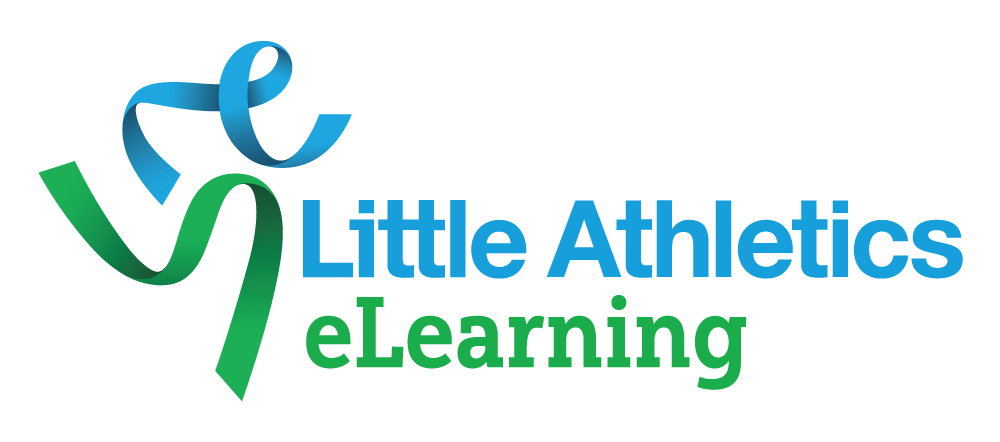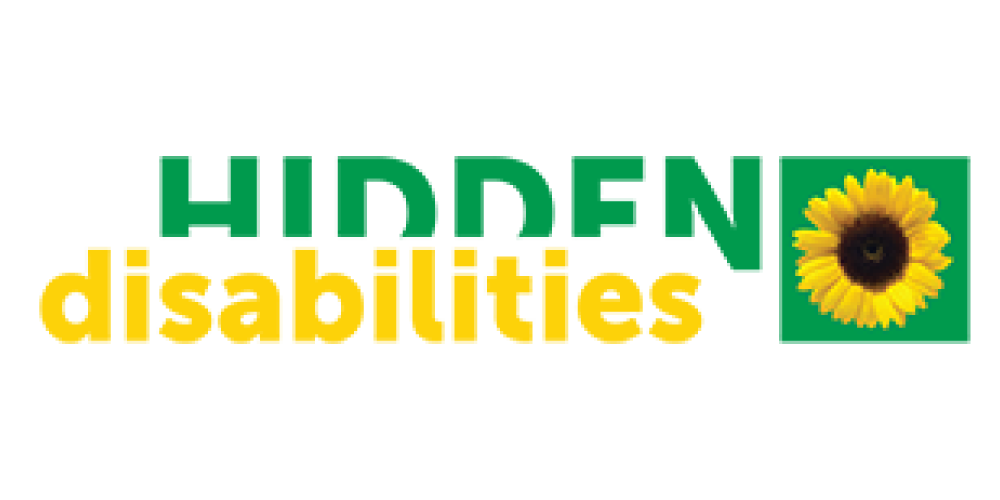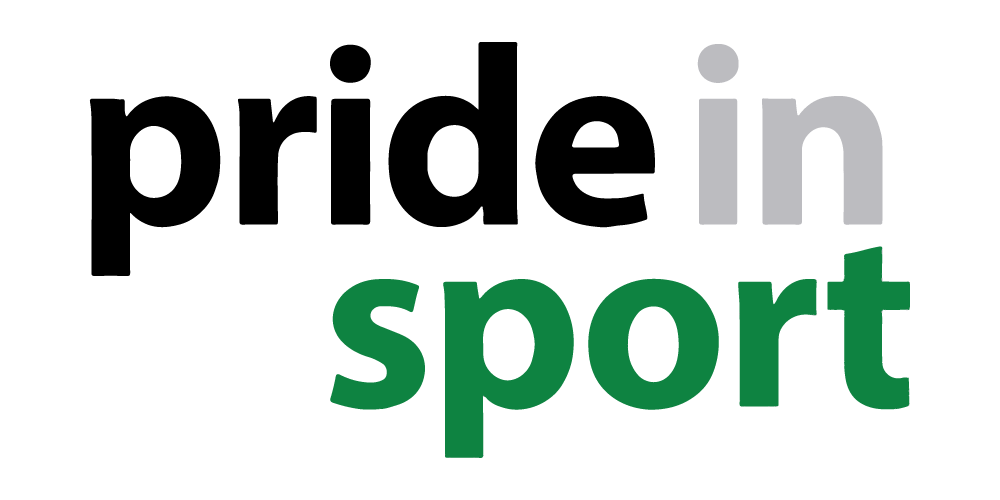How the NDIS can help you to access Little Athletics
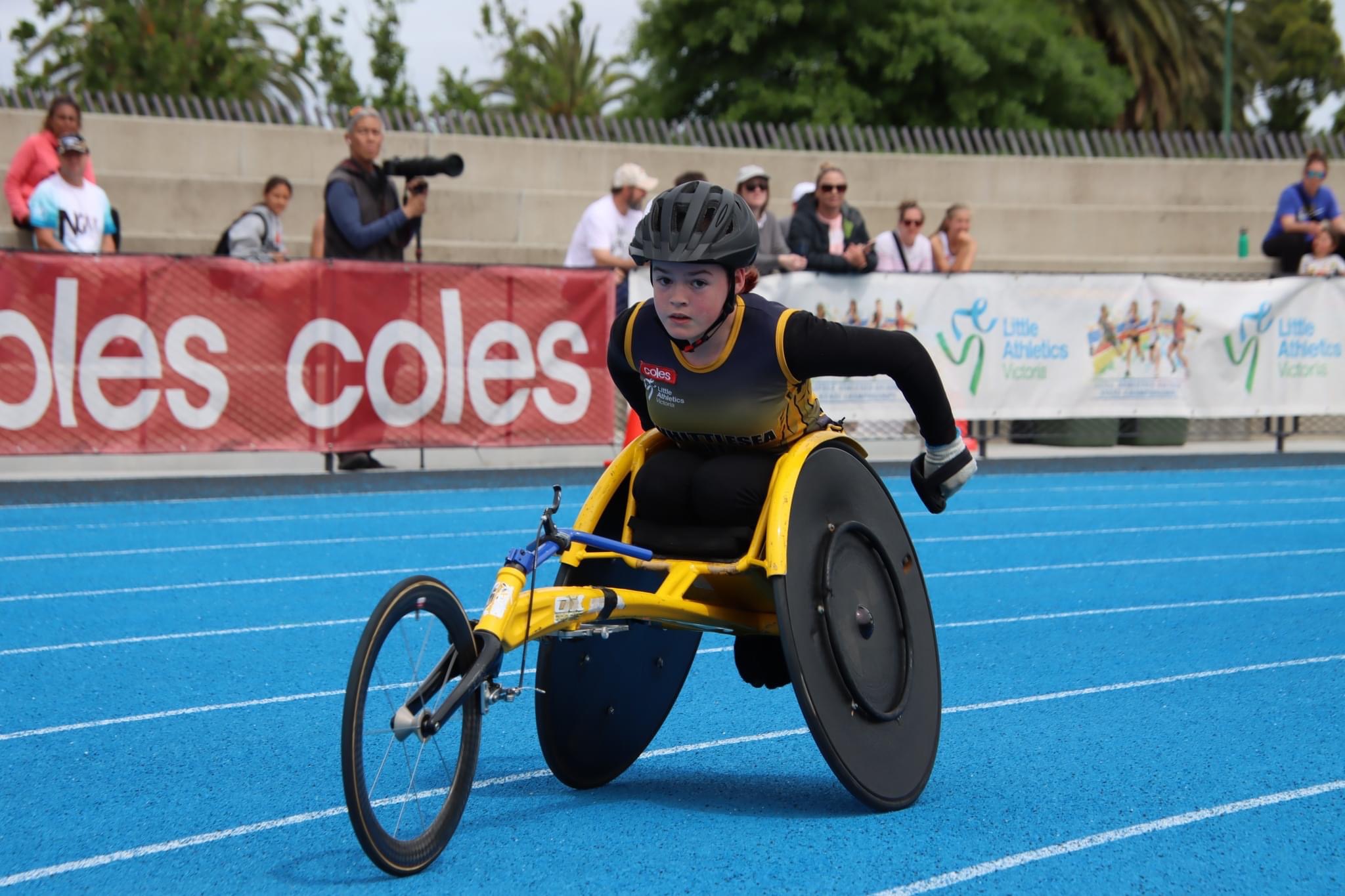
Who can access the NDIS?
To become an NDIS participant there are pathways depending on your age:
Children aged 0 – 6:
If your child is younger than 7 with a diagnosed disability, or you are concerned about their development, you may be able to get support through the NDIS Early Childhood Approach.
People aged 7 – 65:
- Have a permanent disability that significantly affects your ability to take part in everyday activities; and
- Be an Australian citizen or hold a permanent visa or a Protected Special Category visa; and
- Live in Australia.
Steps to access the NDIS
Children aged 0-6:
In many areas around Australia, early childhood partners are available to help you access support. Early childhood partners are local organisations which the NDIS funds to deliver the early childhood approach.
Find your Early Childhood Partner: https://www.ndis.gov.au/contact
People aged 7 – 65:
- Request access to the scheme. This is called an Access request and involves proving you meet the criteria.
- If approved for NDIS you attend a planning meeting – The planning process.
- When NDIS plan is approved you have support available to access services and supports.
- Utilize supports to meet your child’s goals.
- Plan review – each 1-3 years.
If you are not happy with the response from the NDIS about your access request or your NDIS plan, you can ask to have this reviewed Review an NDIS decision.
Why is exercise important for my child with disability?
- The Australian Bureau of Statistics says that people with disability are less likely to participate in sport or regular exercise than people without disability.
- Research by the Australian Sport Commission in 2010 suggested that 75% of people with disability who play sport want to play more sport, and 83% of people who are inactive want to get active.
- According to the Australian Institute of Health and Welfare 65% of adults with disability do not do enough physical activity, compared with 48% of people without disability. We know that good exercise routines begin in childhood.
- Regular exercise (including athletics) has many health and social benefits.
- Health benefits which can relate directly to your child’s disability include stronger bones and muscles, improved cholesterol, lower blood pressure and reduced risk of heart problems.
- Exercise boosts mental health and reduces stress. This is especially useful if your child has additional appointments or therapy related to their disability.
- Social benefits include the opportunity to build social networks through fun activity and connect with their local community. It is widely recognised that people’s engagement in their community enhances their feeling of wellbeing and forges stronger community spirit.
The NDIS recognises these holistic benefits.
How can the NDIS support my child to access sports?
Funding from the NDIS must link to a goal in your child’s NDIS plan and be considered Reasonable and necessary supports.
Below is a guide of possible supports and the funding category the NDIS may provide to help your child participate in sports and recreational activities depending on your individual circumstances:
Funding category – core Transport funding.
- Purchase of specialised sporting equipment or modification of off the shelf equipment which is called Assistive Technology. For example, if you need a specific type of wheelchair or special equipment to participate in Little Athletics. Check out our handy Assistive Technology Guide.
- Funding category – core/consumables – low risk Assistive Technology (AT) or capital – mid and high cost Assistive Technology (AT).
- Would not include equipment which any person would need to purchase to play eg running shoes.
- Allied health services – Physiotherapy, occupational therapy, speech therapy, psychology, exercise physiology who can support your child to build skills needed to access athletics. For example, to improve balance to be able to jump or stand for throwing events etc.
- Funding category – capacity building (improved daily living) and improved health and wellbeing.
- Support to choose the correct Assistive Technology.
- Personal assistance to participate in athletics. This can be provided by a support worker or carer or paid helper. For example, if your child needs someone to help them change into sports clothes or go to the toilet or to participate in the events (moving between the stations, waiting etc) and it is age appropriate to complete without parental help.
- Funding category – core assistance with community participation.
- Transport to athletics where it is not reasonable to expect family or the community to provide the transport and where your child is not able to use public transport independently. For example, a teenager could typically attend athletics on their own and so transport may be suitable.
Make Little Athletics part of your life
How can athletics meet your child’s goals?
- Fun way to work on goals!
- Social skills.
- Participating in their community/family.
- Fitness through regular exercise.
- An opportunity to practice the skills learnt with their allied health therapist.
- Communication skill development.
- Practice sharing.
- Practice win/losing.
- And many more!
Find a Little Athletics Center near you https://littleathletics.com.au/get-involved/find-a-centre/
Find information on the NDIS near you!
Please note that the NDIS is always evolving. The information provided is general in nature and correct at time of printing.
